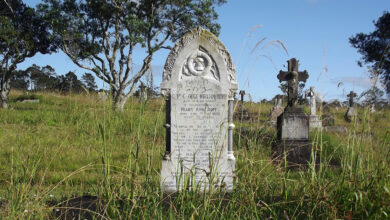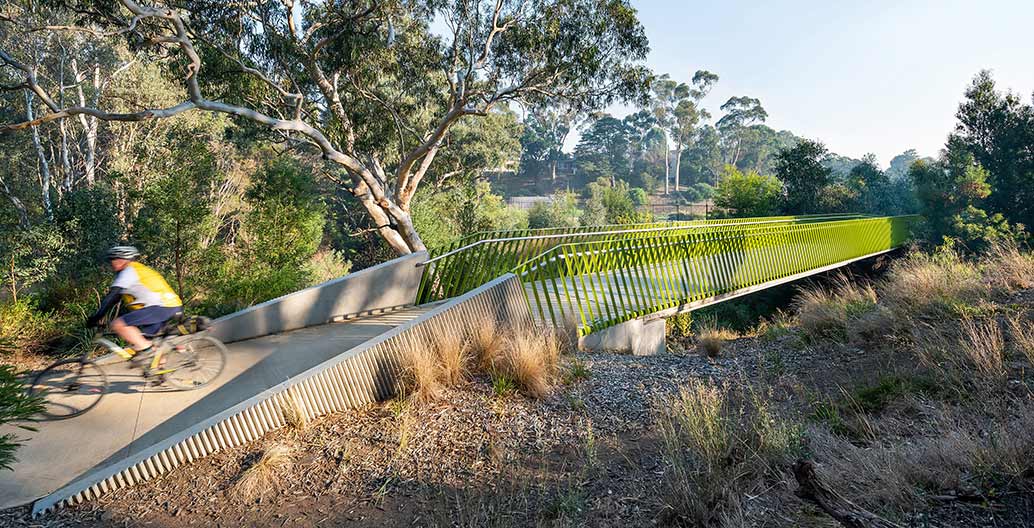
The Foreground five: August’s most-read stories
From a feature exploring bike paths that soar through the landscape, to an examination of Australia’s bumbling history of urban governance, Foreground’s most popular reads in August.
1. More bike paths like these, please
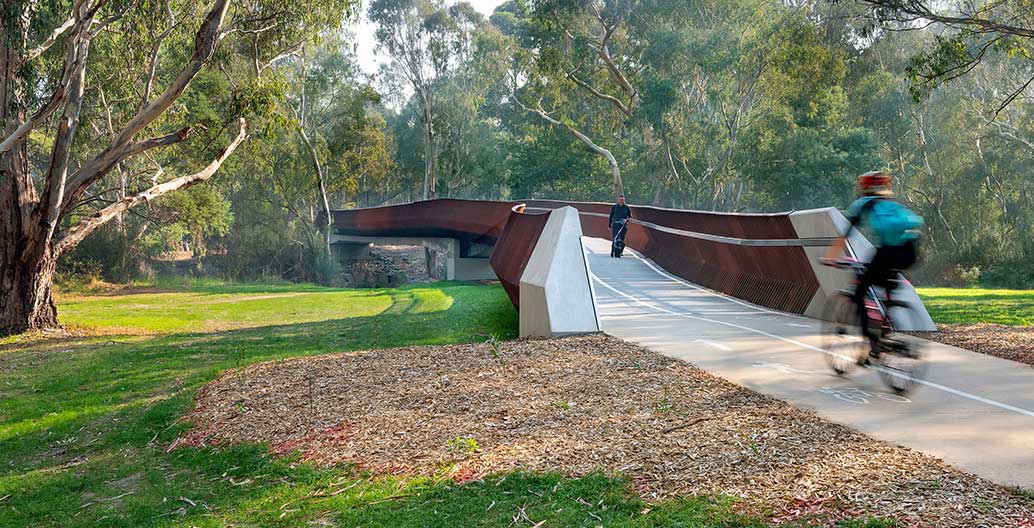
“Many government departments right across Australia have lost design capability. They’ve just become design reviewers. But VicRoads still has an ability to do this sort of stuff.” – Ann Morgan-Payler, VicRoads.
Two recent award-winning projects demonstrate the vital importance of bike paths and other active transport networks within our urban infrastructure matrix.
2. Is Australia facing a looming shortfall of landscape architects?

International students now dramatically outnumber local students in landscape architecture programs around Australia.
With local graduate numbers in steep decline and a surge in demand for skilled landscape architects, it might be time for Australians to start worrying for the future of their parks and public spaces.
3. Do Australian cities need major governance reform?
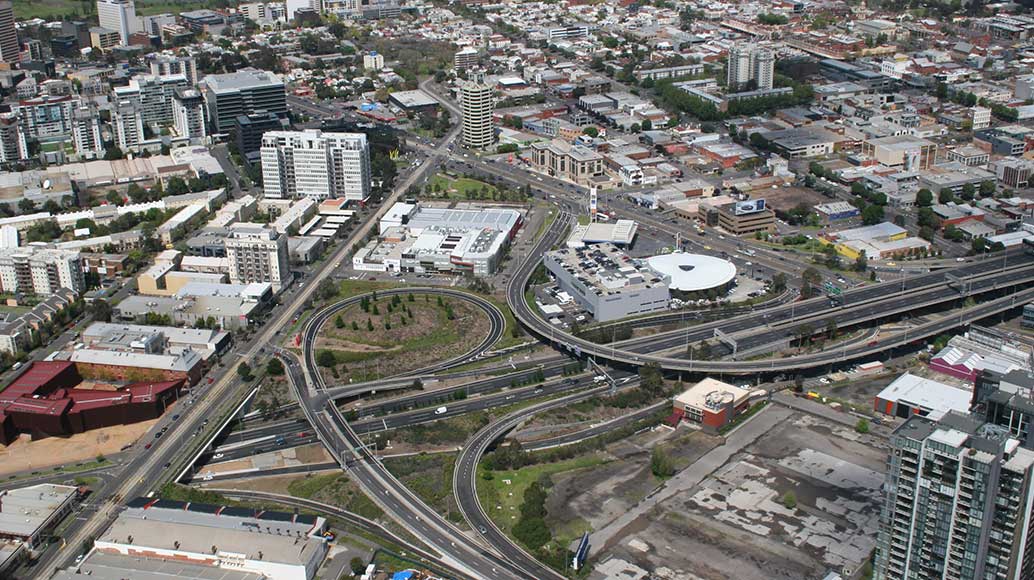
If the roads are not being constructed on time the Commonwealth blames the states for incompetence, the states blame the Commonwealth for lack of funding – and the local citizens are left confused and frustrated. Nobody really understands who is responsible for what. – Marcus Spiller
A new book published by CSIRO makes a case for a fourth layer of government at the metropolitan level, to promote more effective planning and economic strategies for Australian cities.
4. Stories of place: street design’s evocative potential

“If it’s possible to build in place narrative and some form of storytelling, it means people will come back to get the next chapter of the story.” – Warwick Keates, Wax Design
As continually evolving spaces, streets are primed for telling multilayered stories of built heritage, social history and community identity.
5. To make better streets, we must first measure them
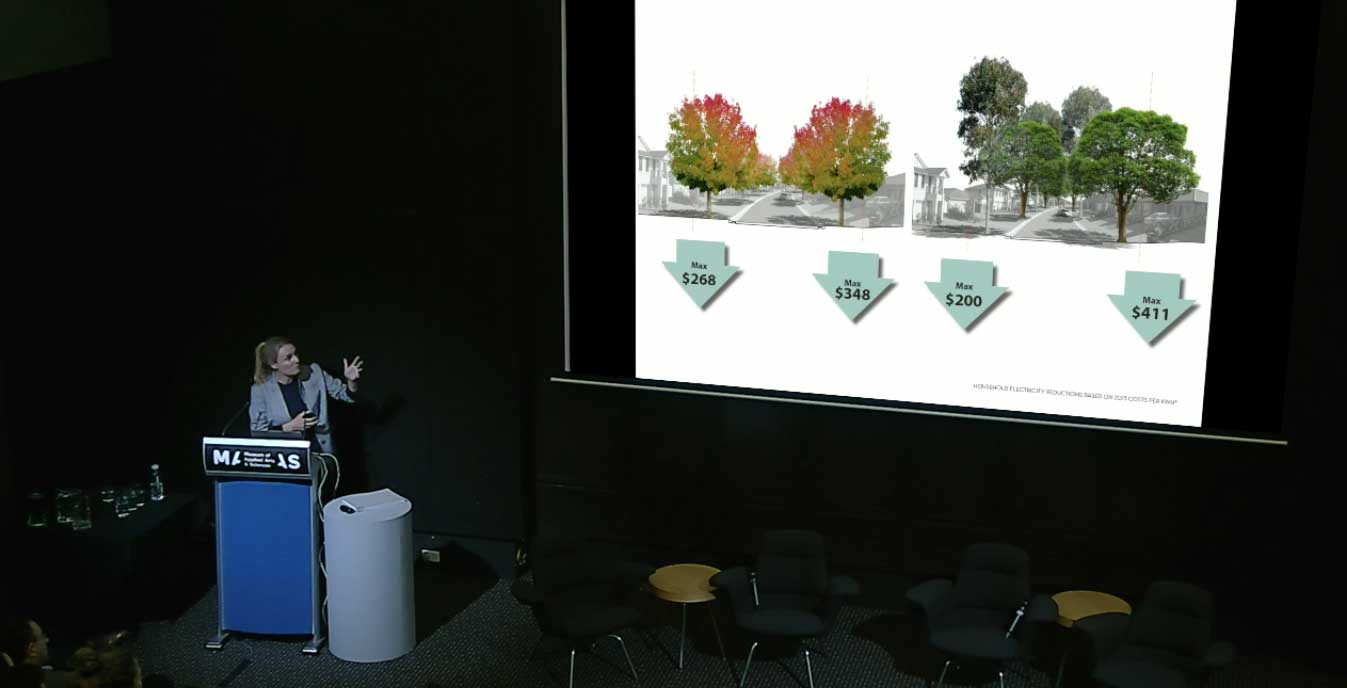
“I have spent so many years trying to figure out the actual dollar value of trees. Nothing is valued until it is understood within an economic rationalist framework.” – Libby Gallagher
The English mathematician and biostatistician Karl Pearson once said, “That which is measured improves. That which is measured and reported improves exponentially.” The question is, how do you measure a street?

